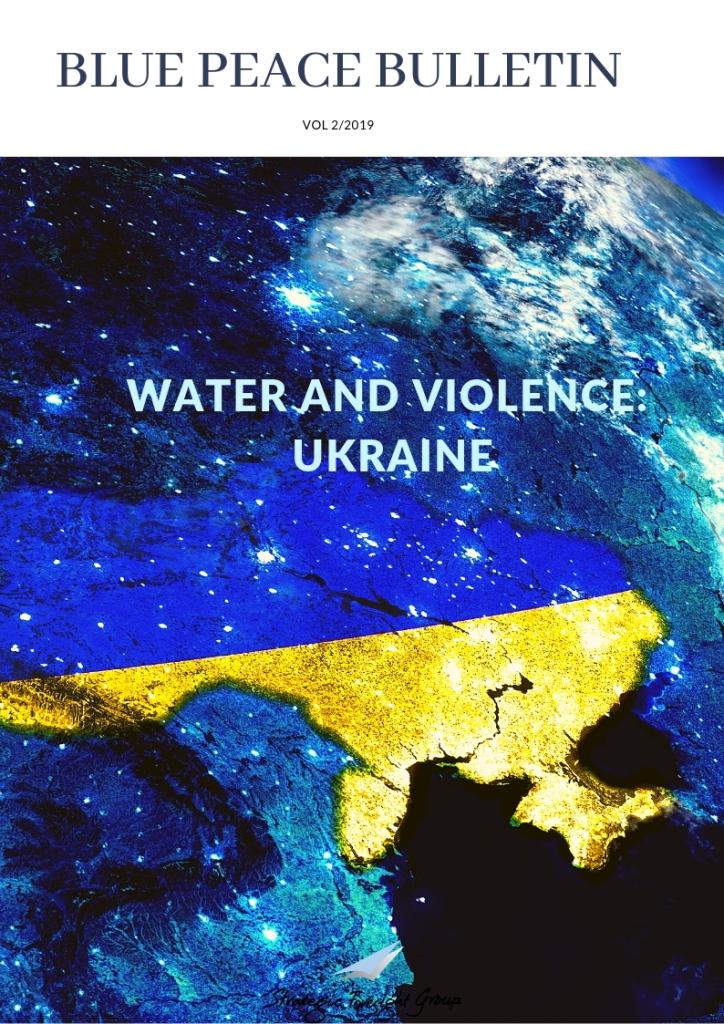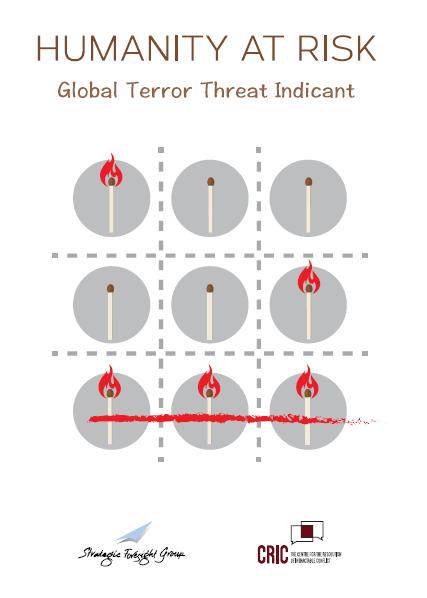The Slippery Balance of Chinese Diplomacy
|
|
October, 2009
By
|
China�€™s ambitions of taking its place among the major world powers are being seriously challenged by its stance on Iran�€™s nuclear program. At present, the People�€™s Republic seems to be caught in a tug-of-war between Iran and the West. It finds itself in the midst of the diplomacy being used by the two sides �€“ one trying to levy sanctions on a �€˜pariah state possibly working to make a nuclear bomb�€™ in an already explosive neighbourhood and the other trying to evade or defy them at all costs. As Iran�€™s traditional ally, China may have to take tough decisions over the question of sanctioning Iran�€™s nuclear program in the coming few months. China�€™s stand on Iran�€™s nuclear program will decide, to a large extent, its future position in the global power structure.
China has come a far way from what it was in 1989, post the Tiananmen Square incident. Even though it is still in the process of repairing its international image vis-à-vis issues like human rights, it is respected now as a fast-emerging international superpower. Whatever global goodwill that Beijing claims today is the product of two decades of deliberate diplomacy. It is an economic giant and it is also waking up to its reality of being a responsible stakeholder on the international stage. As a member of the club of nuclear nations, China is interested in halting the spread of nuclear weapons in volatile regions like the Middle East. Going against its own policy of �€˜no interference�€™ at the United Nations Security Council (UNSC), Beijing had actually approved the sanctioning of North Korea due to its nuclear proliferation. It has also been working closely with the US on the issue of Iran, even if it has been against actual sanctions.
Today, the economic links between Beijing and Tehran are growing rapidly. Estimates say that China has committed around USD 120 billion to oil and gas projects in Iran. China has also been the biggest importer of Iranian oil over the past five years; a major chunk, about 15%, of China�€™s exploding oil needs is sourced from Iran. Between June and August of this year, China and Iran have been involved in oil and gas projects worth over USD 50 billion. China is one of Iran�€™s largest trading partners.
China has also reliably defended Iran at the UNSC numerous times; it has so far held to its position of �€˜no sanctions�€™ on the issue of Iran�€™s nuclear program. Its alliance with Iran is a sort of future protection against what it views as American global dominance. China views the rise of Iran in a neighbourhood of US allies like Saudi Arabia and Israel, as limiting the US power in the Middle East, just like its own rise in Asia has reduced US influence in the continent to a certain degree. Hence, the rise of Iran may not be hazardous for China. And since Beijing views Tehran as a potential ally, its threat perception of Iran�€™s nuclear enrichment is different than that of the US. While China does not fear the rise of Iran in the same way as the US or European nations do, it may have an issue with Iran gaining a nuclear weapon.
As US President Obama threatened to levy heavy economic sanctions against Iran if it did not disclose its nuclear intentions, Iran surprised the international community by agreeing to open its Qom nuclear facility for an inspection by the IAEA (International Atomic Energy Agency). Even though Iran seems to be cooperating with the international demands of monitoring of its nuclear program, Iran�€™s acquiescence will never fully be what is being demanded from it by the West. With its seeming agreement to the West�€™s terms, Iran could simply be buying time and that too, on its own conditions. Like the demand put forth by the western nations since 2006 that Iran shut down its uranium enrichment program has been ignored so far because this demand lacked UN backing. On numerous occasions, Iran has specified that it will not negotiate on its �€˜nuclear rights�€™. This means that it will not be ready to stop its enrichment activities. So even though there seems to have been a breakthrough in the dialogue with Iran over the nuclear issue, it doesn�€™t mean that Iran will continue to cooperate in the future or that its cooperation is in earnest.
Since international pressure is mounting on Iran to halt its nuclear program, in the future, China might also feel pressurized to reconsider its anti-sanction stance at the UNSC. Even Russia, which had been against sanctioning Iran so far, has reversed its stand this year. China has already asked Iran to cooperate with the IAEA. It has also agreed to restrictions on Iran�€™s trade in nuclear-related materials and orders to freeze the overseas assets of some Iranian companies. Depending on how the IAEA inspection of the Qom facility goes in late October, China might be finally forced to pick a side in this matter. If Tehran is unable to cooperate with the IAEA in a manner that the UN is expecting, then the matter of sanctions might come up again at the UNSC. If this happens in the next few months and China vetoes out the sanctions, it will end up losing a lot of the goodwill it has gained over the past few years. It might also lose out on a lot of economic deals with the pro-sanctions western nations. Beijing definitely does not want to alienate countries like the United States due to its growing economic as well as diplomatic interests.
Today, China has grown to become a global power; it is realizing that its actions have impact on the future of the world and hence, on its own future. China may, in principle, not agree with sanctions against Iran for its nuclear program. But it will not be able to jeopardize its prized assets of international goodwill and global power for the sake of any ally, even Iran.
Related Publications
Related latest News
Related Conferences Reports
-

P5 Experts Roundtable on Nuclear Risk Reduction
Download:Geneva Roundtable Report
-

Roundtable on Global Security and Catastrophic Risks
Download:Report on RT revise





